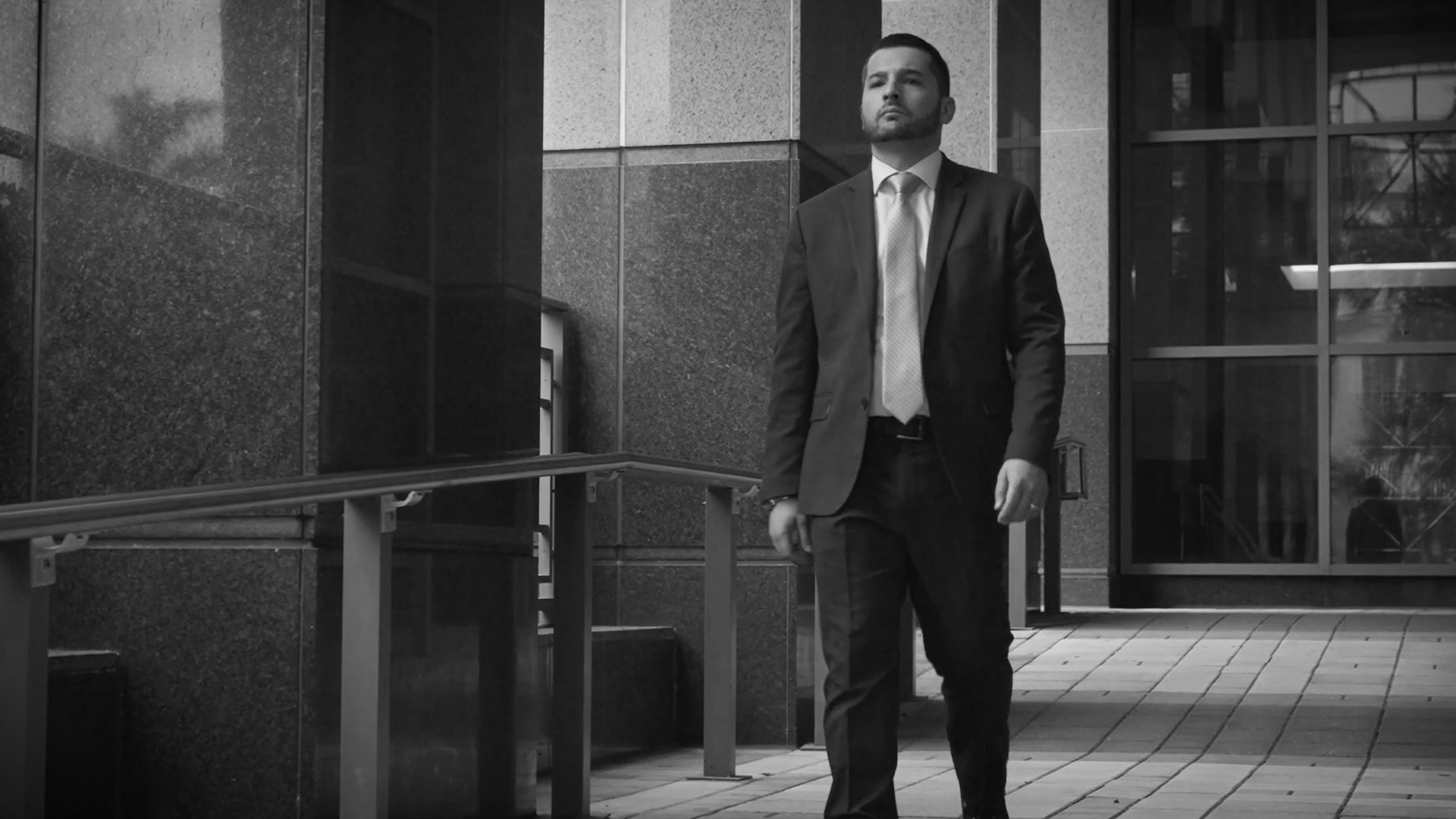
Shoplifting Defense Attorney in West Palm Beach, FL Providing Legal Representation for Shoplifting Charges in Palm Beach County, Broward County, Martin County, and Throughout South Florida
Increasing numbers of retailers have become more worried about shoplifting and the negative financial impacts it has on their business. As a result, law enforcement and prosecutors in Florida place considerable effort into investigating and prosecuting retail theft crimes. If you have been arrested for shoplifting, you need experienced legal counsel who can level the playing field for you. Attorney Brandon Dinetz has an extensive track record of handling cases in Florida’s criminal justice system, both as a defense lawyer and a former prosecutor. He uses his background and insight to help clients prepare and pursue tailored legal strategies to contest the state’s case.
When you’ve been detained and charged with shoplifting, don’t leave your reputation, freedom, and future to chance in the criminal justice system. Get the legal help you need to present a compelling defense to shoplifting charges. Contact BD Law today for an initial case review to learn how West Palm Beach shoplifting lawyer Brandon Dinetz will fight for your rights and interests to pursue a favorable resolution to your charges that allows you to move on with your life after an arrest.

Facing Criminal Charges? BD Law Can Help.
Speak With Our Top-Rated
Criminal Defense Attorney
Understanding Shoplifting Charges in Florida
In Florida, authorities prosecute shoplifting crimes under the state’s theft statute. The theft statute makes it illegal for a person to knowingly obtain or attempt to obtain a merchant’s property with the intent to temporarily or permanently deprive the merchant of their property. The grading of a shoplifting offense will depend on the value of the property that the person steals or attempts to steal.
Florida law also makes it illegal for a person to possess, use, or attempt to use any antishoplifting or inventory control device countermeasure within any premises used for the sale of merchandise. Possessing or using such a device constitutes a third-degree felony. The retail theft law also authorizes a merchant to detain a person when the merchant has probable cause to believe the person has engaged in a shoplifting offense; a merchant who detains a person must immediately contact law enforcement. Furthermore, the law expressly states that the activation of an antishoplifting or inventory control device upon a person’s exit from a retail establishment gives the merchant probable cause to detain that person for shoplifting.
Penalties for Shoplifting
Penalties for a shoplifting conviction may depend on the value of the merchandise stolen by a convicted defendant. The grading of a shoplifting offense may also increase in cases involving aggravating circumstances, such as when a defendant acts as part of a coordinated enterprise to shoplift. Shoplifting crimes can range in grading from a second-degree misdemeanor to a first-degree felony.
Furthermore, a court may impose other aspects of a defendant’s sentence in addition to or instead of fines and incarceration, such as community service. Courts may also order defendants convicted of shoplifting to pay restitution to the merchant(s) to reimburse them for their financial losses caused by the defendant’s theft.
A shoplifting conviction can also result in long-term consequences for an individual, including a criminal record that can follow them as they apply for jobs, housing, educational opportunities, or financial services.
Defenses to Shoplifting Charges
A person facing a shoplifting charge might fight the prosecution’s evidence by asserting various factual and legal defenses depending on the facts of their case, such as:
- Lack of intent/honest mistake: A defendant might contest a shoplifting charge by arguing that they had no intent to steal merchandise; the defendant may assert that they mistakenly left the item in a bag or failed to scan the item while at the checkout machine.
- Mistaken identity: Defendants might fight a shoplifting charge by arguing that store employees erroneously identified them as the shoplifter, such as when employees do not get a good look at a shoplifter’s appearance and lose track of them on surveillance cameras.
- Lack of evidence: A defendant may challenge a shoplifting charge for lack of evidence, such as when the defendant can present evidence they paid for the item.
Contact a Defense Attorney Today to Get Help Resolving Your Shoplifting Charges
After getting arrested for shoplifting in South Florida, you need dedicated legal counsel who can help you fight your charges and defend your reputation and freedom. Contact West Palm Beach shoplifting lawyer Brandon Dinetz today for a confidential consultation to discuss your options for seeking a fair and favorable resolution in your case.
